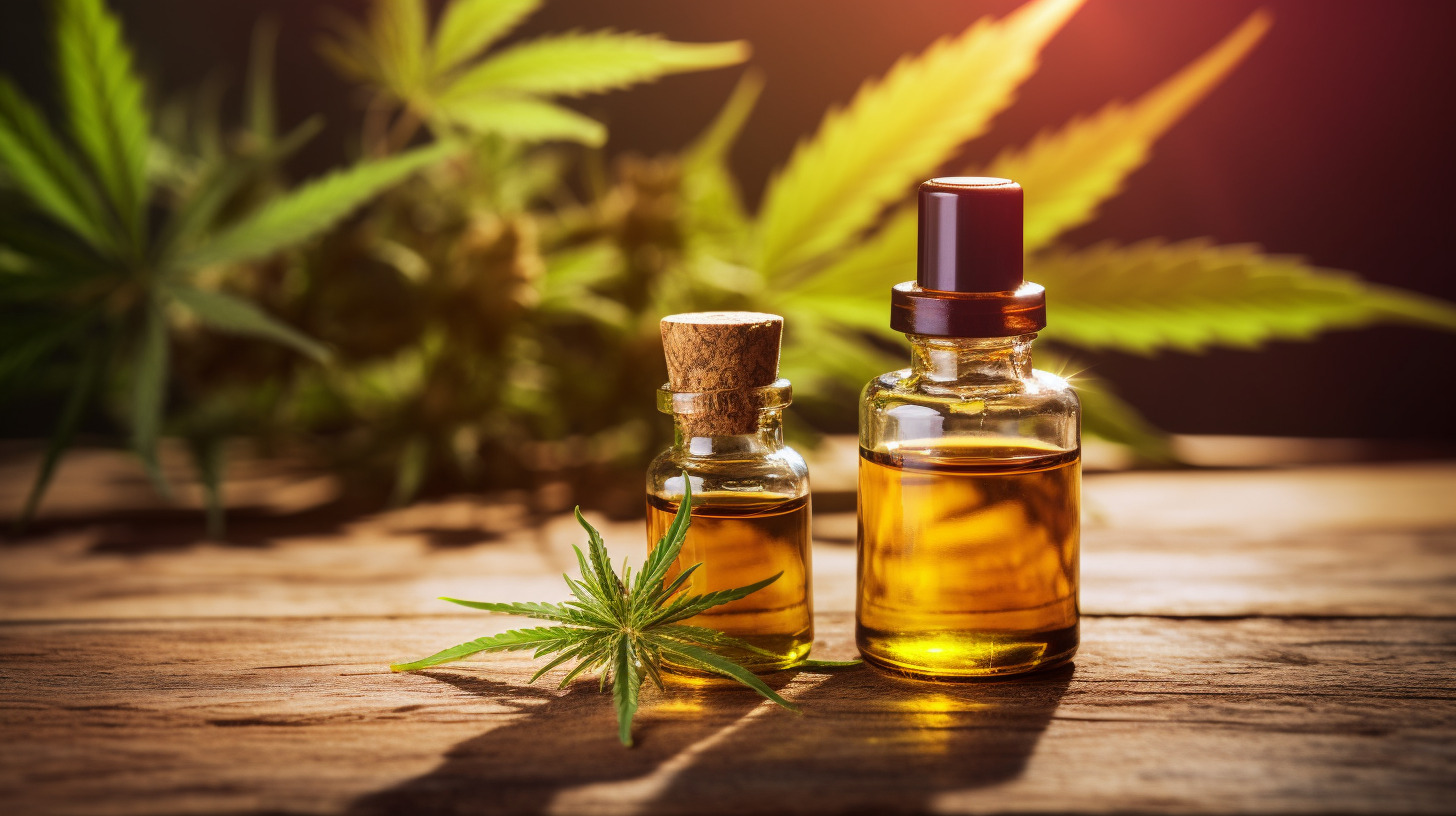
What Is CBG Oil?
If you’re looking for a comprehensive, natural solution to tackle inflammation and its debilitating effects, you’re in the right place. Welcome to the new era

Cinnamon is a very popular spice that you can easily find in grocery stores at a low cost. There are two types of cinnamon, and the Ceylon cinnamon is the better choice when consuming larger amounts. But what are the differences that make it recommended?
Cinnamon is a spice obtained from the inner bark of several tree species in the Cinnamomum genus. It is primarily used as an aromatic spice. Its aroma and flavor come from its essential oil, mainly cinnamon aldehyde, as well as numerous other components including eugenol. Cinnamon is native to Sri Lanka (formerly Ceylon), the Malabar coast of India, and Myanmar, but it is also cultivated in South America and West India.
Cinnamon was highly valued by ancient civilizations and considered a precious gift fit for kings. However, spice traders kept their source a secret for centuries to protect their monopoly. In medieval Europe, it was used in religious ceremonies, and later, it became the most profitable spice in the trading of the Dutch East India Company. Cinnamon is sourced from various related species, including:
Cassia cinnamon is derived from the Cinnamomum cassia tree, which originates from South China and is also known as Chinese cinnamon. It has various subtypes found in East and Southeast Asia.
It is generally darker in color, has a thicker and coarser texture compared to Ceylon cinnamon, and is considered lower in quality. Most cinnamon found in grocery stores is made from the cassia variety. However, cassia cinnamon contains a high amount of coumarin, which can be toxic in large quantities. Therefore, it is much safer to choose Ceylon cinnamon when consuming a lot of cinnamon.
Ceylon cinnamon, also known as “true cinnamon,” is native to Sri Lanka and the southern part of India. It is made from the inner bark of the Ceylon cinnamon tree, Cinnamomum verum or Cinnamomum zeylanicum. Ceylon cinnamon has a light brown color and contains many thin, soft layers of sticks. It is less common and quite expensive, but it has negligible coumarin content.
Approximately 50-63% of its essential oil is cinnamon aldehyde, which is relatively low compared to cassia cinnamon. This explains its milder and more pleasant aroma and flavor.
Cinnamon is used in many cultures for its medicinal properties, but what does the research say about it?
As with anything we consume, it is important to thoroughly research before taking it into our bodies. Nowadays, there are various types of cinnamon available, some of which may be exposed to pesticides or may not contain all the active ingredients. That’s why it’s advisable to choose organic Ceylon cinnamon, which does not contain coumarin or any other harmful substances.
The USA Medical Ceylon Cinnamon capsules are made from organic, genuine Ceylon cinnamon powder using one of the most advanced methods and tested in an accredited laboratory. If you would like to try other premium-quality products, explore our online store for other dietary supplements!
These statements have not been evaluated by the Food and Drug Administration. These products/services are not intended to diagnose, treat, cure, or prevent any disease.

If you’re looking for a comprehensive, natural solution to tackle inflammation and its debilitating effects, you’re in the right place. Welcome to the new era

The Invisible Enemy Within You wake up feeling groggy, your joints ache, and that old neck pain seems to have returned. No, it’s not just

CBG oil has been creating waves in the health and wellness industry, and for good reasons. But with any health trend, it’s crucial to separate

In stock | Free shipping
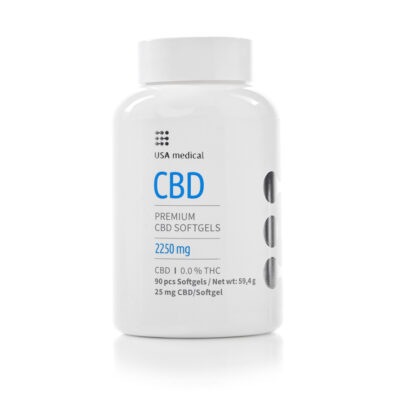
In stock | Free shipping
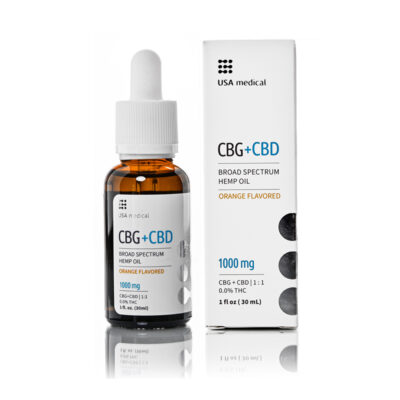
In stock | Free shipping
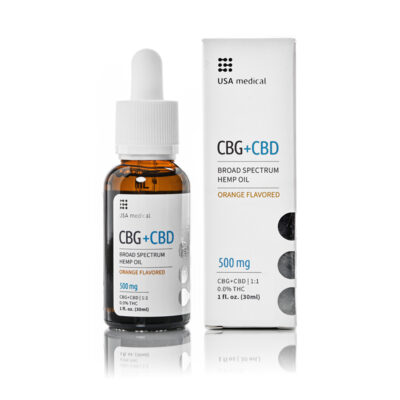
In stock | Free shipping
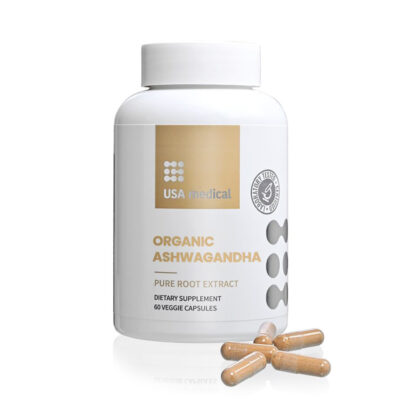
In stock | Free shipping
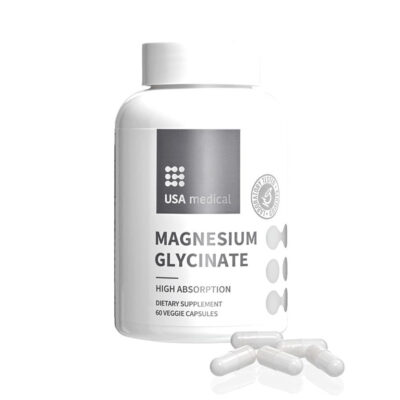
In stock | Free shipping
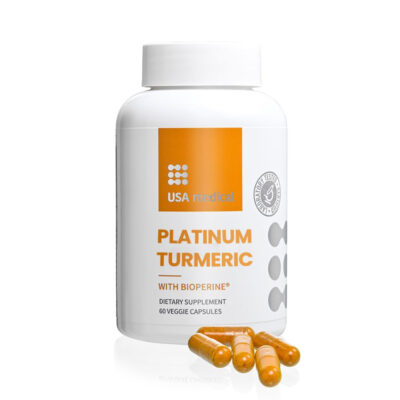
In stock | Free shipping

In stock | Free shipping

In stock | Free shipping

In stock | Free shipping

In stock | Free shipping

In stock | Free shipping
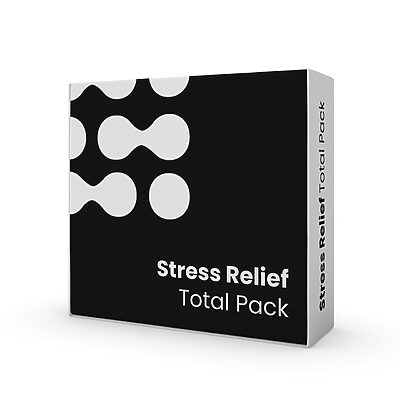
In stock | Free shipping

In stock | Free shipping
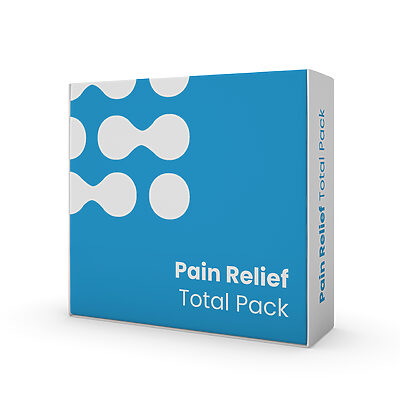
In stock | Free shipping